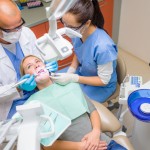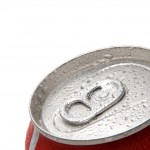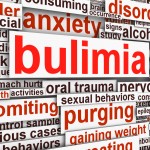
187 UK professional footballers were examined in this cross-sectional survey. Their oral health was poorer than the average for a group of UK adults sampled for the most recent Adult Dental Health Survey.
[read the full story...]
187 UK professional footballers were examined in this cross-sectional survey. Their oral health was poorer than the average for a group of UK adults sampled for the most recent Adult Dental Health Survey.
[read the full story...]
This new systematic review explored the links between eating disorders and oral health, which were first noted in the 1970s. Ten studies were included in the review and higher odds of dental erosion were seen in those with eating disorders, with the odds being greater in those with self-induced vomiting.
[read the full story...]
This trial involving 48 patients found that EDTA conditioning improved the retention of restoration in non-carious cervical lesions at 18 months.
[read the full story...]
This review of 13 observational studies found support for an association between the carbonated drinks, natural acidic fruit juices, and confectionery and snacks in addition to a higher risk of tooth erosion and a reduced risk in those with high consumption of milk and yogurt.
[read the full story...]
This review considered the association between toothbrushing and gingival recession and non-carious cervical lesions (NCCLs). 19 studies were included a majority (13) were cross-sectional and they provide limited data to support or refute the associations.
[read the full story...]
Dental erosion is considered to be an increasing problem. However, clear information about the number of people affected is lacking. This review of 22 observational studies suggests that the worldwide prevalence is 30.4% (95%CI 23.8–37.0). However there is considerable heterogeneity between the studies in part related to the number of indices currently being used to measure tooth wear. So the estimate needs to be viewed with caution.
[read the full story...]
While this new review of observational studies does suggest an increase in tooth erosion in those suffering with eating disorders concerns of the quality of the available evidence means that this is not sufficient to support a causal role for eating disorders in tooth erosion.
[read the full story...]